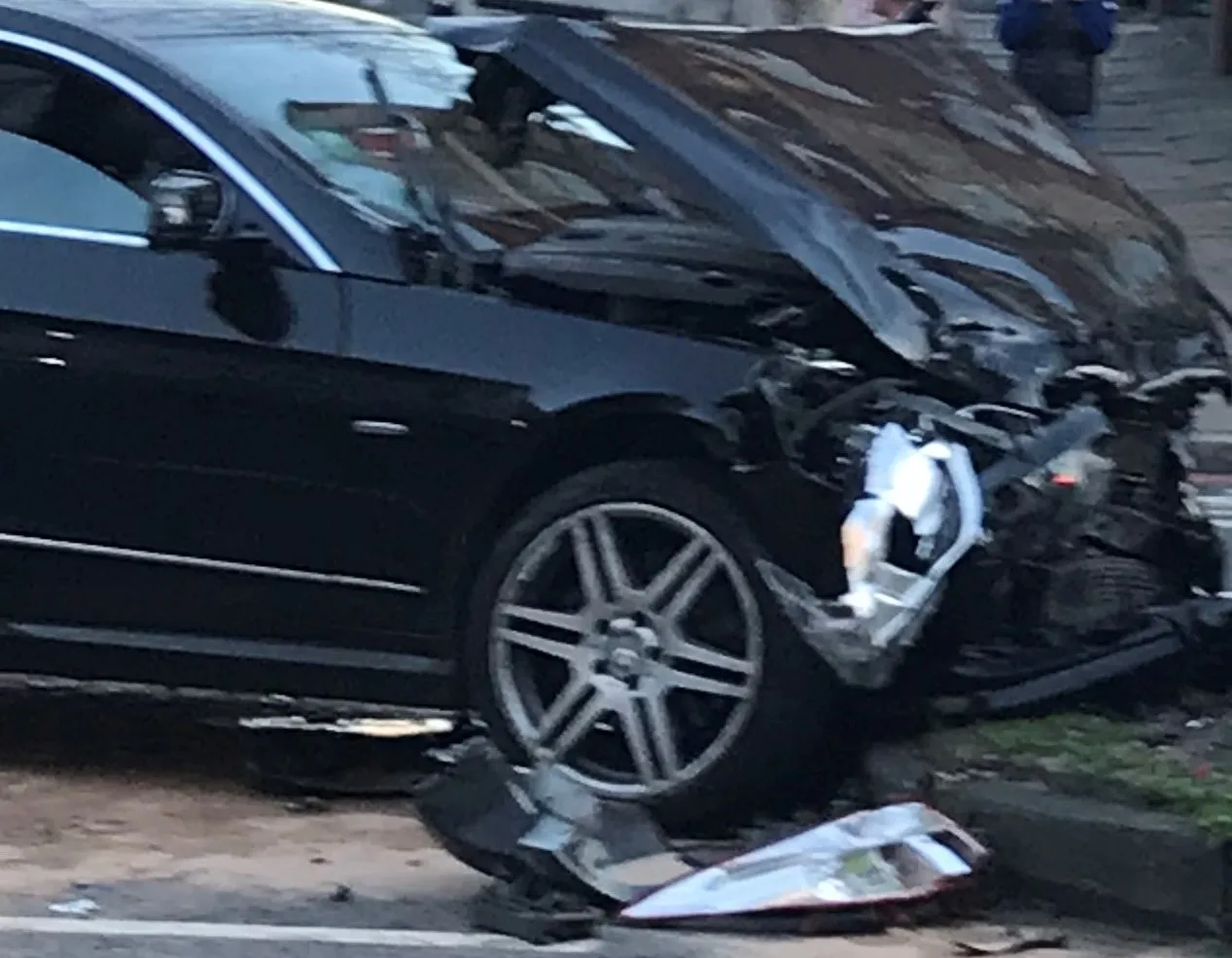Worrying data on road safety has been released from Sweden and Israel. Sweden’s record on road safety is one of the best in the world, with a combination of tough enforcement and stiff penalties along with effective driver education and training having helped lower the country’s fatality rate. However the latest official figures from the Swedish Transport Administration (Trafikverket) show that 275 people were killed on Swedish roads in 2014, compared with 260 people in 2013. This may yet prove to be a stat
January 8, 2015
Read time: 2 mins
Worrying data on road safety has been released from Sweden and Israel. Sweden’s record on road safety is one of the best in the world, with a combination of tough enforcement and stiff penalties along with effective driver education and training having helped lower the country’s fatality rate. However the latest official figures from the 3530 Swedish Transport Administration (Trafikverket) show that 275 people were killed on Swedish roads in 2014, compared with 260 people in 2013. This may yet prove to be a statistical blip and further analysis of the reasons for these fatal crashes have yet to be analysed. And the Swedish Transport Agency (Transportstyrelsen) has said it is confident that it can achieve the long-term parliamentary target of reducing fatal crashes. The aim is that Sweden’s annual road fatality rate will not exceed 220 by 2020.
Meanwhile in Israel, there has been a 20% drop in the numbers of drunk drivers caught in 2014 over the past five years. The number of people killed by drink drivers is also in long term decline in Israel. Data from the Israeli police shows that 8,378 drivers were charged with drink driving in 2014, down from 10,235 in 2009. But concern remains over the numbers of drivers getting behind the wheel while under the influence of alcohol, as well as the attitudes to this offence by many drivers in the country. One recent study of drivers revealed that around 17% admitted having driven while under the influence. The same study revealed that up to 44% of Israeli drivers would get behind the wheel while under the influence, due to low levels of police enforcement.
Meanwhile in Israel, there has been a 20% drop in the numbers of drunk drivers caught in 2014 over the past five years. The number of people killed by drink drivers is also in long term decline in Israel. Data from the Israeli police shows that 8,378 drivers were charged with drink driving in 2014, down from 10,235 in 2009. But concern remains over the numbers of drivers getting behind the wheel while under the influence of alcohol, as well as the attitudes to this offence by many drivers in the country. One recent study of drivers revealed that around 17% admitted having driven while under the influence. The same study revealed that up to 44% of Israeli drivers would get behind the wheel while under the influence, due to low levels of police enforcement.







